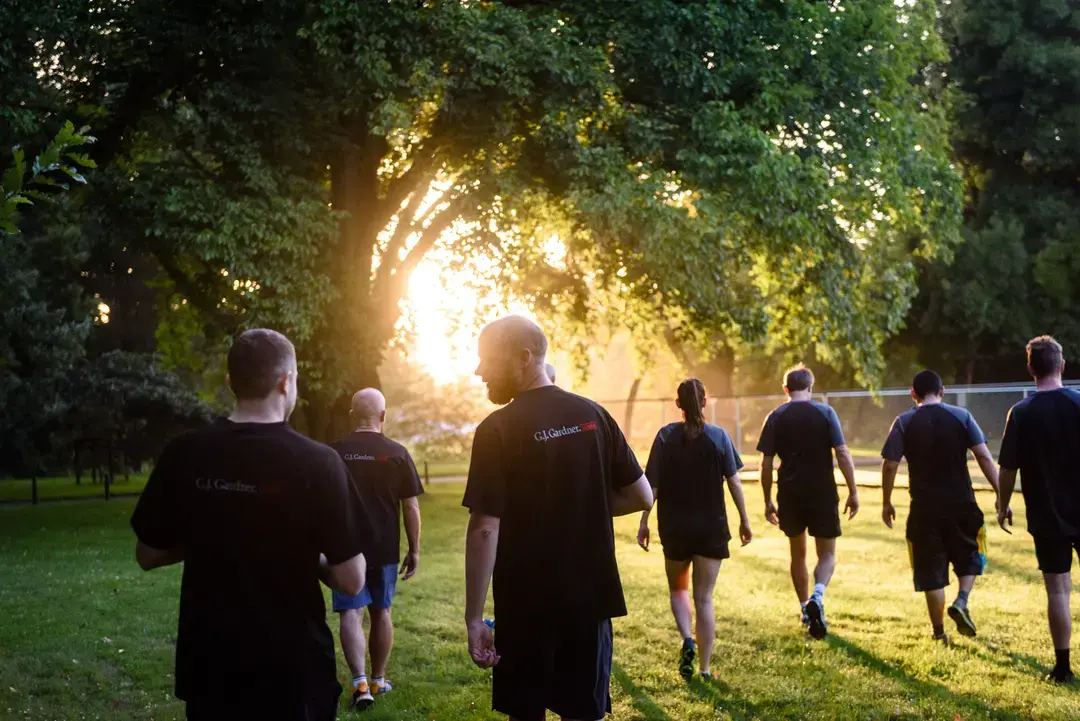Nearly one in two New Zealanders are likely to suffer from mental illness at some point in their lives
Mental Health in the Construction industry – G.J. Gardner
Nearly one in two New Zealanders are likely to suffer from mental illness at some point in their lives. The number of suicides has been increasing in NZ for the last four years with men accounting for three out of four suicides. The construction industry in New Zealand has the highest number of suicides out of any other industry and with it being so skewed toward males, there seems to be an underlying problem in our masculine culture and community.
In the effort to shift the trend in the industry, G.J Gardner has incorporated the Employee Assistance Program (EAP) as a helpline to employees who are struggling to deal with personal issues that may be effecting their wellbeing. The program is strictly confidential and is available to all employees in the pursuit of ensuring that we do not have the same issues that the rest of the industry is experiencing. St John has created a Mental Health First Aid Course that G.J. Gardner has recently taken a part in to help employees identify early signs of mental illness and to not just be able to tell the difference, but are also able to make a difference.
The construction industry in other countries like Canada, Australia & Korea have experienced a similar trend in terms of male suicides and just like in NZ, a large portion of these incidents are happening with people who are aged 20 – 24 years old which indicates that the underlying problems occur in the early stages of their career. In a recent study by Site Safe NZ, work-related factors were described in the case files less often than personal factors. The report acknowledges that the frequency of work-related factors reported may be an underestimate. Of all cases recorded, 32.3% had work-related factors which include job insecurity, stress related to running a business, high pressure in the industry, work impacted by injury/illness, unemployment and workplace conflict.
To identify early signs of mental illness in the work place, low productivity, absenteeism and reduced quality of work over a period of time were pivotal factors especially if the employee’s attitude has changed over an extended period of time. These traits can have a knock on effect that can really put the employee at risk with neglected mental health having negative impacts on health and safety. This could lead to accidents and near misses on site which could put the other employees on site at risk as well.
Unfortunately, the highest suicide rate ever recorded in New Zealand has been in 2019 with 685 recorded deaths to date with the highest rate coming from Auckland. In an effort to acknowledge mental health and the wider impacts it can have both personally and commercially, our Manukau Major Projects franchise set out to create their own ‘Mental Health and Wellness Programme’ to play their part in ensuring that these numbers don’t continue to rise in the construction industry.
The team wanted to ensure that there is a continued conversation around mental health and well-being and that the topic isn’t stigmatized in any manner. This is to ensure that the approach towards mental health is not done in a negative manner, but is more support orientated which could lead to people in the industry to no longer think they are alone.
They created a programme called Five Ways which included several initiatives to improve mental health within the construction industry.
- Being Active
- Giving
- Learning
- Connecting
- Taking notice
Activities under the ‘Five Ways’ have included:
- A 'Healthy Points Competition' with a rival office
- Cooking meals for 100+ people at the Ronald McDonald House Auckland and
- Meditation as a team using Headspace
The team have noticed the benefits of their Mental Health and Wellness programme as there has been a reduction in absenteeism and an increase in productivity within the office. Hopefully this initiative will encourage other construction companies to follow suit and work towards reducing the suicide rate in the industry.
You can watch their short video on their programme here:

